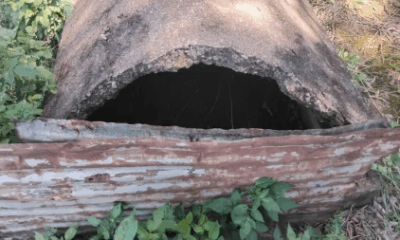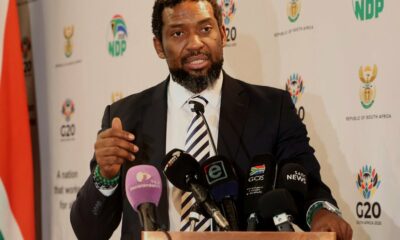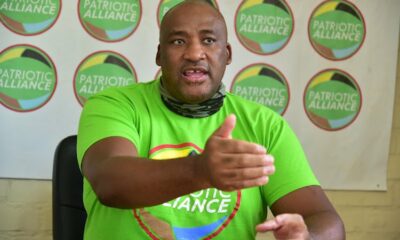News
‘How Do We Teach Without Books?’ KZN Schools Brace for 2026 Textbook Crisis as Funds Dry Up

Schools Prepare for 2026, Without Textbooks
In most parts of South Africa, the last stretch of the year is filled with stationery drives and uniform fittings. But in KwaZulu-Natal, parents and teachers are asking a far more alarming question:
Will pupils even have textbooks when schools reopen in 2026?
According to insiders within the provincial Department of Education, the answer could be no.
The department has failed to secure approval for the new textbook production order, a step that’s normally completed months before year-end. Without Treasury approval, printers can’t start, books can’t be distributed, and learners will be left to share (or worse, go without) core learning materials.
Blame Game: Education Points to Treasury, Treasury Says “There’s No Money”
Education officials have been quick to shift the blame onto the KZN Provincial Treasury, accusing it of delaying approval for textbook procurement.
But Treasury fired back, saying the situation isn’t about paperwork, it’s about bankruptcy.
“The department currently does not have the required funds for the procurement of LTSM (Learning and Teaching Support Materials).”
The Department of Education has blown past its 2024/25 budget and is now under Section 18 intervention a warning signal used when a department has overspent so severely that its financial controls must be monitored.
Inside the Financial Meltdown
-
Department will run out of money by end of October
-
Suppliers aren’t being paid on time, sometimes stretched over months
-
A service provider contracted until 2027 cannot print textbooks without a signed order
-
Textbooks for 2026 should already be in warehouses, but production hasn’t even started
One source close to the matter didn’t sugarcoat it:
“The fact of the matter is that the children returning to school next year will not have textbooks.”
Leaders Meet, But Offer No Immediate Rescue Plan
This week, Basic Education Minister Siviwe Gwarube met with provincial leaders, including Education MEC Sipho Hlomuka, Finance MEC Francois Rodgers, and Premier Thami Ntuli, to search for a solution.
But even they admitted their hands are tied.
There’s no legal mechanism for national government to simply bail out a provincial education department unless Section 100 of the Constitution is invoked, a move that would place the province under national administration.
All parties agreed that step would be too politically damaging, so instead they’ve opted for a slow-burning recovery plan, aiming to save R1 billion per year through payroll clean-ups and procurement reforms.
Great, but none of that solves one urgent question:
What are learners supposed to study with in January?
Parents and Teachers Left in the Dark
Some schools, mostly better-funded ones, have quietly begun buying textbooks on their own, but township and rural schools that rely on central procurement are stuck waiting.
Hlomuka insists applications have been submitted to Treasury.
Treasury insists there’s nothing to approve without funds.
In the middle? Thousands of children who’ve done nothing wrong.
What Happens If the Crisis Isn’t Resolved?
-
Classrooms will revert to photocopies, shared books, or oral teaching
-
Matric results in 2026 could take a major knock
-
Inequality between well-resourced and poor schools will skyrocket
If education is the ladder out of poverty, KZN may be kicking that ladder away from its most vulnerable learners.
South Africans have long grown numb to political infighting, but textbooks are not politics. They’re the difference between a child falling behind or getting ahead.
KZN leaders say they “will work jointly to resolve the challenge before the school year begins.”
Time is ticking. Printers don’t run on promises and learners can’t study from thin air.
{Source: IOL}
Follow Joburg ETC on Facebook, Twitter , TikTok and Instagram
For more News in Johannesburg, visit joburgetc.com



























